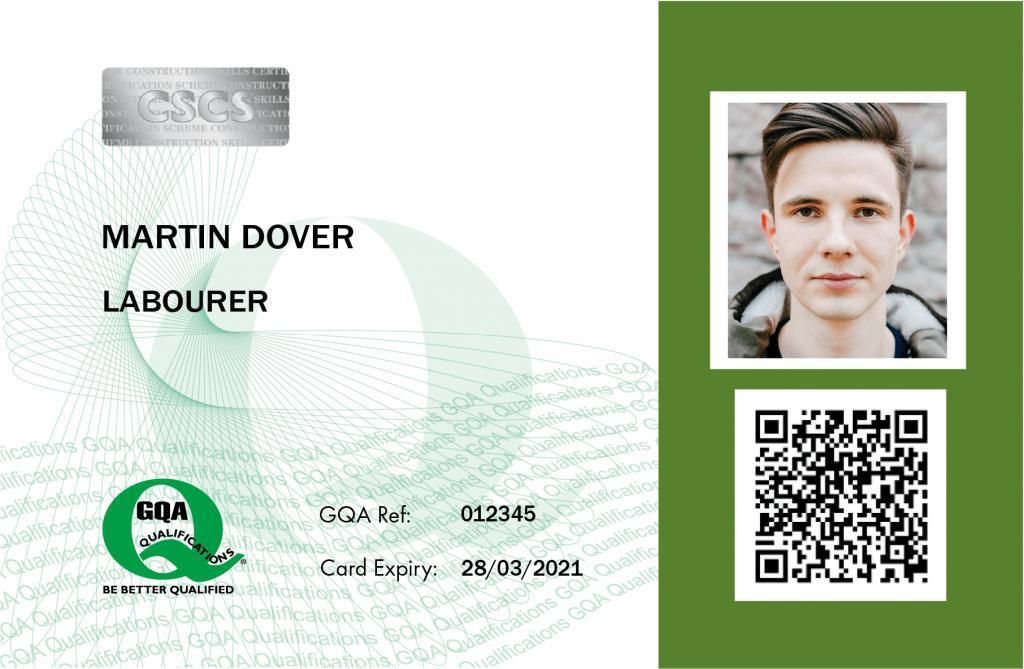
Coping with Anxiety and Depression
Course ID: 2509150101089ESH
Course Dates : 15/09/25 Course Duration : 5 Studying Day/s Course Location: London, UK
Language: Bilingual
Course Category: Professional and CPD Training Programs
Course Subcategories: Operations and Process Excellence
Course Certified By: ESHub CPD & LondonUni - Executive Management Training
* Professional Training and CPD Programs
Leading to:
Executive Diploma Certificate
Leading to:
Executive Mini Masters Certificate
Leading to
Executive Masters Certificate
Certification Will Be Issued From :
From London, United Kingdom
Course Fees: £5,120.30
Vat Not Included in the price. VAT may vary depending on the country where the course or workshop is held.
Click to Pay
Date has passed please contact us Sales@e-s-hub.com
Course Information
Introduction
Anxiety and depression are among the most pervasive mental health challenges faced by individuals in both personal and professional settings. These conditions not only affect emotional well-being but also have far-reaching implications for workplace productivity, interpersonal dynamics, and organizational culture. The World Health Organization (WHO) estimates that depression and anxiety cost the global economy approximately $1 trillion annually due to lost productivity and healthcare expenses. This underscores the critical need for professionals across industries to develop a nuanced understanding of these conditions and adopt evidence-based strategies to address them effectively.
Despite growing awareness, there remains a significant gap in knowledge and practice when it comes to managing anxiety and depression in professional environments. Many organizations lack structured frameworks for recognizing early warning signs or providing appropriate support to employees. For instance, a case study from a leading technology firm revealed that over 60% of employees experiencing burnout-related anxiety did not feel equipped to seek help within their organization. This highlights the pressing need for training programs that bridge this gap by equipping participants with practical tools and theoretical insights.
The course draws on established psychological theories, such as Cognitive Behavioral Therapy (CBT), Mindfulness-Based Stress Reduction (MBSR), and Positive Psychology, to provide a comprehensive approach to coping with anxiety and depression. By integrating these frameworks, participants will gain a deeper understanding of the biological, psychological, and social factors contributing to these conditions. Furthermore, the course aligns with industry trends emphasizing mental health literacy as a core competency for modern workplaces, particularly in sectors like healthcare, education, and corporate management.
Consider the story of Sarah, a mid-level manager at a financial services company, who struggled with debilitating anxiety after months of high-stress deadlines. Her inability to manage her symptoms led to decreased performance and strained relationships with her team. After participating in a similar program, she learned actionable techniques such as reframing negative thoughts and practicing mindfulness, which not only improved her well-being but also enhanced her leadership capabilities. Stories like Sarah’s illustrate the transformative potential of targeted interventions in fostering resilience and promoting holistic wellness.
For organizations, investing in employee mental health yields significant returns. Research shows that workplaces prioritizing mental health initiatives experience higher levels of engagement, reduced absenteeism, and improved retention rates. On an individual level, mastering the skills taught in this course empowers participants to navigate stress more effectively, build stronger interpersonal connections, and achieve greater work-life balance. These benefits extend beyond the workplace, enriching personal lives and contributing to overall societal well-being.
Ultimately, this course represents a timely and vital opportunity for professionals to enhance their capacity to cope with anxiety and depression. By blending cutting-edge research with practical applications, it offers a roadmap for creating supportive environments where individuals can thrive. Whether you are an HR professional seeking to implement wellness programs or a team leader aiming to foster a healthier work culture, this course equips you with the tools needed to make a meaningful impact.
Objectives
By attending this course, participants will be able to:
Analyze the biological, psychological, and social determinants of anxiety and depression using established theoretical models.
Evaluate the effectiveness of various coping strategies, including CBT, mindfulness, and relaxation techniques, in diverse contexts.
Design personalized intervention plans tailored to individual needs while adhering to ethical guidelines.
Implement communication strategies to foster open dialogue about mental health in professional settings.
Apply stress management techniques to enhance personal resilience and improve workplace productivity.
Assess organizational policies related to mental health and recommend improvements aligned with best practices.
Synthesize data from real-world case studies to develop innovative solutions for addressing anxiety and depression in teams.
Who Should Attend?
This course is ideal for:
HR managers and directors responsible for designing employee wellness programs.
Team leaders and supervisors seeking to create supportive work environments.
Mental health practitioners looking to expand their toolkit with evidence-based approaches.
Educators and counselors working in academic institutions to support student mental health.
Consultants specializing in organizational development and workplace culture.
These groups will find the course valuable because it addresses the intersection of mental health and professional excellence, offering practical tools to enhance both individual and organizational outcomes. While no prior expertise is required, the content is particularly beneficial for intermediate learners who already possess foundational knowledge of psychology or human behavior.
Training Method
• Pre-assessment
• Live group instruction
• Use of real-world examples, case studies and exercises
• Interactive participation and discussion
• Power point presentation, LCD and flip chart
• Group activities and tests
• Each participant receives a 7” Tablet containing a copy of the presentation, slides and handouts
• Post-assessment
Program Support
This program is supported by:
* Interactive discussions
* Role-play
* Case studies and highlight the techniques available to the participants.
Daily Agenda
Daily Schedule (Monday to Friday)
- 09:00 AM – 10:30 AM Technical Session 1
- 10:30 AM – 12:00 PM Technical Session 2
- 12:00 PM – 01:00 PM Technical Session 3
- 01:00 PM – 02:00 PM Lunch Break (If Applicable)
- Participants are expected to engage in guided self-study, reading, or personal reflection on the day’s content. This contributes toward the CPD accreditation and deepens conceptual understanding.
- 02:00 PM – 04:00 PM Self-Study & Reflection
Please Note:
- All training sessions are conducted from Monday to Friday, following the standard working week observed in the United Kingdom and European Union. Saturday and Sunday are official weekends and are not counted as part of the course duration.
- Coffee and refreshments are available on a floating basis throughout the morning. Participants may help themselves at their convenience to ensure an uninterrupted learning experience Provided if applicable and subject to course delivery arrangements.
- Lunch Provided if applicable and subject to course delivery arrangements.
Course Outlines
Foundations of Anxiety and Depression
Understanding the prevalence and impact of anxiety and depression globally.
Exploring the biopsychosocial model of mental health disorders.
Identifying common symptoms and risk factors.
Reviewing key psychological theories, including CBT and MBSR.
Day 2:
Coping Strategies and Techniques
Learning mindfulness practices for stress reduction.
Applying cognitive restructuring to challenge negative thought patterns.
Practicing breathing exercises and progressive muscle relaxation.
Evaluating the role of physical activity and nutrition in mental health.
Day 3:
Communication and Support Systems
Developing active listening skills to support colleagues in distress.
Creating safe spaces for discussing mental health concerns.
Addressing stigma and misconceptions surrounding anxiety and depression.
Role-playing scenarios to practice empathetic communication.
Day 4:
Organizational Approaches to Mental Health
Analyzing case studies of successful workplace wellness initiatives.
Designing policies to promote mental health equity.
Measuring the ROI of mental health programs in organizations.
Ensuring compliance with legal and ethical standards.
Day 5:
Advanced Applications and Future Directions
Integrating technology, such as apps and online platforms, into mental health support.
Exploring emerging trends in mental health research and practice.
Building sustainable self-care routines for long-term resilience.
Reflecting on personal growth and setting actionable goals post-course.



















































